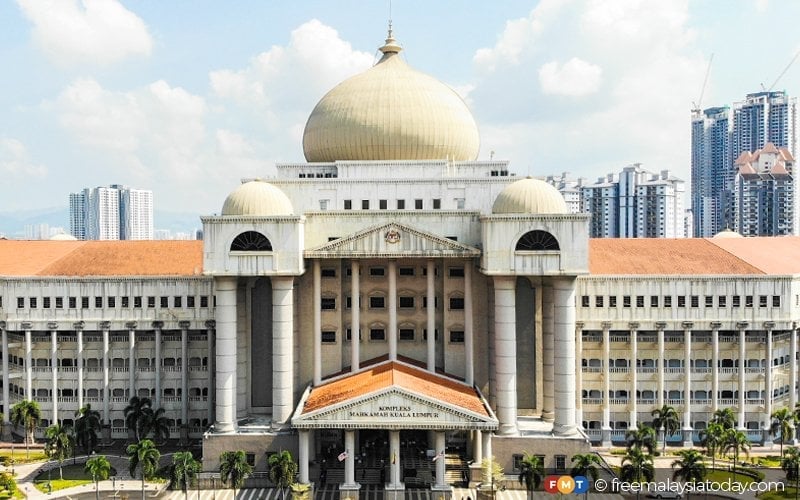
PETALING JAYA: A decades-long debate over whether non-Muslims can use the term “Allah” was reignited last Monday when the government announced it had withdrawn its appeal against a 2021 High Court landmark ruling.
The ruling came in a case brought by a Sarawakian Christian, Jill Ireland, upholding her right to use the word “Allah” in her religious teachings. The government at the time then decided to appeal against the judgment.
The withdrawal of the appeal drew criticism over the about-turn. Questions were raised whether it had been discussed with the Conference of Rulers and state religious councils.
FMT takes a closer look at the chronology of events, the legal battles that have ensued, and any possible political impact.
The controversy
The word “Allah” is an Arabic term to refer to God and is most commonly used by Muslims. The controversy arose because indigenous Christians in Sabah and Sarawak also use the term in their Malay-language Bibles and religious publications.
Various Muslim pressure groups have argued that “Allah” is exclusive to Islam, citing a 1986 government directive that prohibited non-Muslims from using it.
However, Christians, especially those who predominantly communicate in Malay, contended that they have used the term “Allah” for centuries to describe God.
How it started: the 1986 directive
In 1986, the Cabinet tasked the late Ghafar Baba, then deputy prime minister, to decide which words should be prohibited from use by Christians.
Ghafar had apparently decided that the four words, “Allah”, “Kaabah”, “Baitullah” and “solat”, could be used as long as the words “For Christians” were printed on the cover of the books or materials.
However, in December that year, the home ministry issued a circular ordering an outright ban on the four words.
Legal battles that ensued
In 2008, Ireland was detained at Kuala Lumpur International Airport for possessing eight CDs that contained the word “Allah” in her luggage.
She later won a court case declaring the seizure unlawful and had the items returned in 2015.
Commenting on the case, lawyer Joshua Wu said Ireland’s judicial review application had initially challenged only the confiscation, but was later expanded to challenge the 1986 directive.
“The judge in the case came to the conclusion that the 1986 directive was unlawful because it was inconsistent with the 1986 Cabinet policy, in which the added requirement “For Christian” was interpreted as an exception to the prohibition of the use of ‘Allah’,” he said.
Ireland’s case coincided with another lawsuit involving the Catholic weekly newspaper The Herald, which was attempting to overturn a ban on using the term “Allah” in its publications.
“The Herald saw a narrower judicial review application compared to Ireland’s case because it was, for the most part, only challenging the publication permit,” Wu said.
The lower court allowed The Herald to use the word “Allah” in 2009, but it triggered arson attacks and vandalism at Christian religious sites across the country. The decision was eventually reversed in 2013.
A political hot potato for state elections?
Political analyst Azmil Tayeb of Universiti Sains Malaysia said the government’s about-turn on its appeal is unlikely to impact voting patterns in the coming elections in six states, despite the possibility of the opposition exploiting the issue.
He said the debate over the use of ‘Allah’ is “an old issue that has been around for many years and the facts are well-known”.
Azmil also said the controversy is being magnified disproportionately for political gain rather than genuine religious concerns.
“The fact that Sabah and Sarawak can use the word but not in the peninsula says it all,” he said.
“The majority of learned opinion agrees that ‘Allah’ is not exclusive to Muslims, so there is political mileage to be gained by those who try to make a mountain out of a molehill.” - FMT



No comments:
Post a Comment
Note: Only a member of this blog may post a comment.